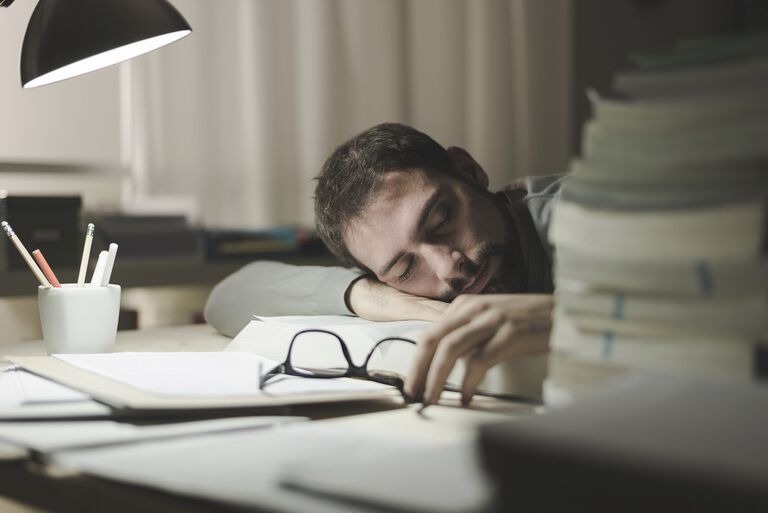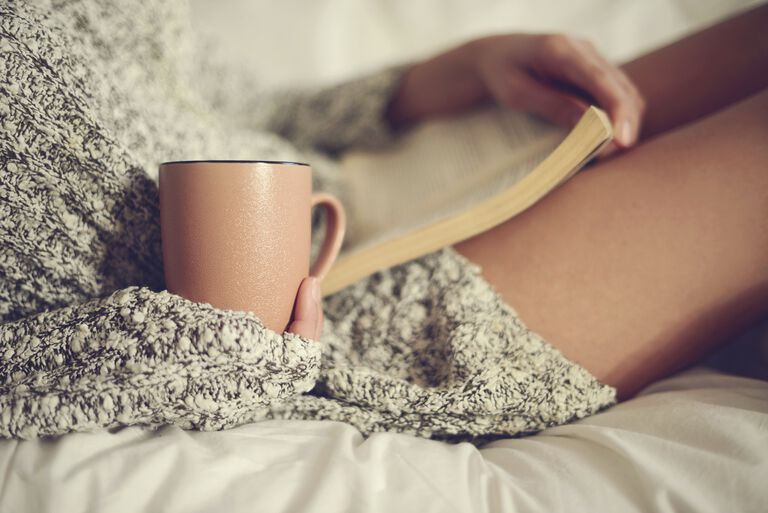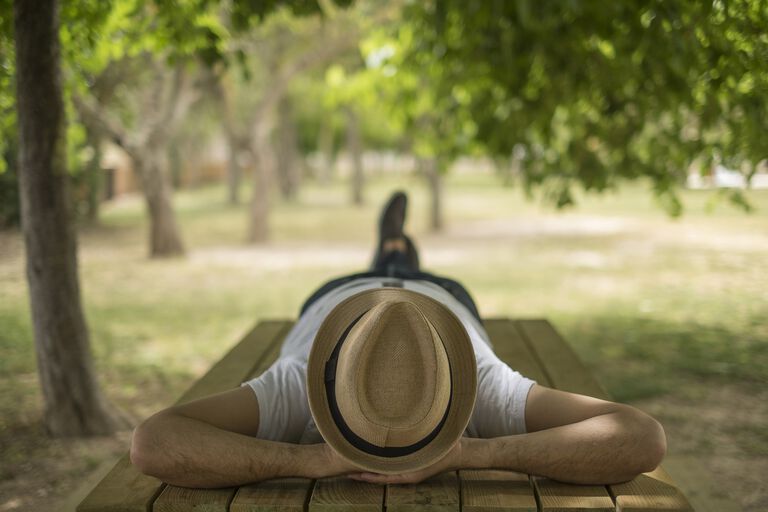HOW TO SLEEP WELL IF YOU… ARE A STUDENT

The life of a student can often become a nocturnal one.
Whether it’s down to pulling an all-nighter in the library to get an essay off the ground or a night out that went on a little too late, it all makes a predictable sleep schedule unlikely.
With the added pressures of learning to live by yourself, managing workloads and keeping up with your new buzzing social life, sleeping is probably going to feel like less of a priority. However, without sleep all these factors are going to seem a lot harder to manage so you need to be getting some decent kip whenever you can.
So, here is TEMPUR’s best advice to help you sleep well if you are a student…
EASY LIFESTYLE HACKS
There are some easy lifestyle choices you can make to improve your sleep quality, regardless of the time you eventually get to bed.
Making an effort to get outside and breathe in some fresh air for at least an hour a day can massively help your body to regulate itself and sync to different times of the day. This can help your body tire itself out and help you to feel sleepy later in the day.
Similarly, having regular exercise in your routine can improve sleep quality greatly. Exercising around three hours before bed can help promote sleep as the cooling of the body and slowing of the cardiac rhythm are closely related to the body’s response to falling asleep.
It goes without saying caffeine can keep you awake, but it is not as well known that alcohol too can impact on your sleep quality. Even though it is known to make you sleepy, drinking alcohol before bed can cause you to wake frequently throughout the night, so watch how close your last drink is to bed time.
MAKE YOUR BEDROOM SLEEP-FRIENDLY
Your surroundings can affect your ability to sleep more than you may think and the perfect cool, dark and quiet surroundings can be hard to come by especially in student halls.
To help your body relax and fall into a natural sleep, dark curtains can help create the desired atmosphere for sleeping and if you find there is a great deal of noise keeping you awake, introducing a fan can help create the right temperature for you as well as adding some white noise to distract you and lull you to sleep.
A 30 minute break from technology and artificial lighting before going to bed will also help you to switch off and fall asleep quicker. Reading a book or listening to music can also be a big help in nodding off.
As is common with many students, furniture is limited and your bed can sometimes become a sofa, desk, dining table and so on… but this can stop you associating your bed with just sleep. Seeing it become a social area can prevent you from switching off – so try to keep it only for its intentional uses.
STICK TO THE POWER NAP
Napping is often an essential requirement to keep a student functioning. However, naps do have to be strategic to make sure they aren’t stopping you from sleeping properly later at night.
The most effective nap is often between 20-30 minutes. A nap should definitely not exceed more than one hour and should not take place after 3pm otherwise you may start to affect your night time sleeping pattern.
Contrary to popular belief, it is actually not possible to catch up on missed sleep. It is recommended to get back into routine to get your usual eight hours sleep as soon as possible after missing any during the previous nights.
Download our brochure
Want to know more about our story? Download our brochure to see more.

Visit a TEMPUR® store or talk to a sleep expert
Want to know more about TEMPUR®? Either visit us in store or arrange to speak to us today.
Get the latest news and offers
Sign up to receive news and offers about TEMPUR® products. Detailed information on the use and storage of data can be found in the Privacy Policy.




